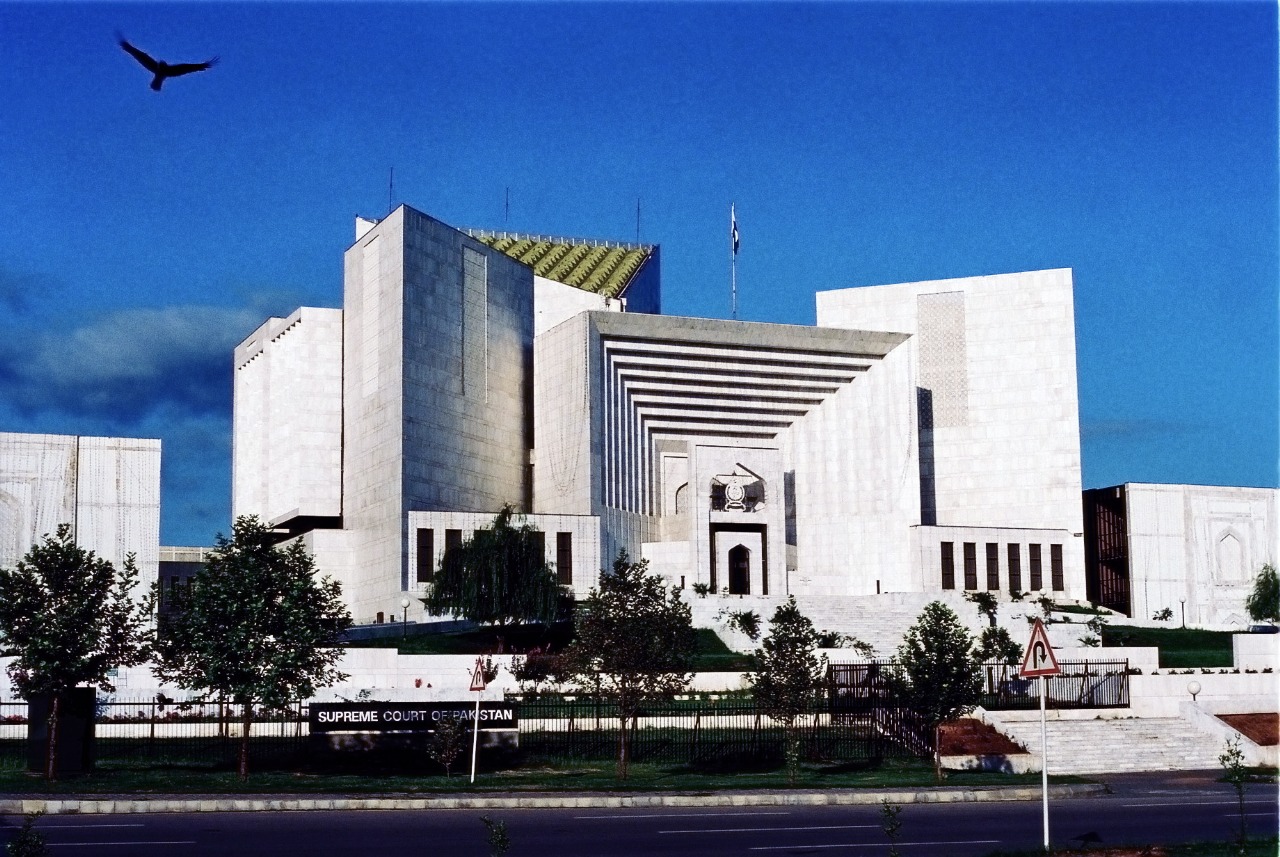The duty of a father to maintain his child is a fundamental tenet of family law in Pakistan. It emanates from Islamic jurisprudence and is codified under statutes such as the Muslim Family Laws Ordinance, 1961 (MFLO) and the Family Courts Act, 1964. Maintenance, a multifaceted obligation, extends beyond mere sustenance to include food, clothing, lodging, education, and healthcare, calibrated to the socio-economic status of the family, as seen in a plethora of case law.
However, a critical legal question emerges upon the child attaining the age of majority. Does the father’s obligation persist? This article examines this issue through an analysis of relevant legislation, judicial precedents, and Islamic principles, with a particular focus on the landmark Supreme Court decision in Humayun Hassan v. Arsalan Humayun (PLD 2013 SC 557). The discussion is centered around the general rule, that a father’s legal duty ceases upon the child reaching majority, subject to exceptions such as incapacity or dependency justified by family circumstances.
The age of majority in Pakistan is statutorily defined under the Majority Act, 1875, and the Guardians and Wards Act, 1890. Section 3 of the Majority Act, 1875, stipulates that a person attains majority at the age of 18 years. Similarly, Section 41(c) of the Guardians and Wards Act, 1890, provides that a guardian’s authority ceases when the ward ceases to be a minor, reinforcing the 18 year threshold. These provisions establish the legal benchmark for the termination of parental obligations, including maintenance. The MFLO, 1961, under Section 9(1A), empowers the Arbitration Council to issue a certificate specifying the maintenance amount a father must pay if he fails to support his child, a remedy typically invoked during minority. The Family Courts Act, 1964, further delineates the jurisdiction of Family Courts under Section 5, granting exclusive authority over maintenance disputes, including interim and final decrees under Section 17A. This section mandates the fixation of interim maintenance and allows for annual increments, reflecting a proactive approach to ensuring child welfare during dependency.
Judicial precedents have shaped the application of these statutes. In Alaf Din v. Mst. Parveen Akhtar (PLD 1970 SC 75), the Supreme Court held that a child’s ability to maintain themselves post majority depends on individual circumstances, including physical capacity and access to livelihood. The Court emphasized that while the statute does not fix an age, the decision hinges on whether the child can sustain themselves through honest means, potentially barring them of maintenance rights if already employed.
The case of Humayun Hassan v. Arsalan Humayun, provides a seminal exposition on this issue. The dispute originated when Arsalan Humayun, a minor, sought maintenance from his father, Humayun Hassan, through the Family Court. The initial decree, upheld by the Supreme Court, mandated maintenance during minority. However, upon Arsalan (respondent) attaining majority and pursuing higher education abroad, without the father’s consent; the petitioner-father, Humayun challenged the continued enforcement of the decree. The executing court and subsequent High Court upheld the father’s liability, citing the child’s ongoing education. The matter escalated to the Supreme Court via a Civil Petition for Leave to Appeal (CPLA). The Supreme Court, presided over by Honorable Justices, Saqib Nisar, Asif Khosa, and Ijaz Ahmed, overturned the lower courts’ rulings.
The general principle, as originates from the statutes and the case in question, is that a father’s obligation to maintain his child terminates at 18 years, or upon marriage for females, unless exceptional circumstances prevail. These include physical or mental incapacity, as noted in Principles of Mahomedan Law.The exemption also extends in cases where the child’s education is still ongoing, provided it enables a complete livelihood. However, the Court in Humayun Hassan clarified that such education must be consented to by the father and reasonably necessary, not discretionary pursuits like foreign studies without any prior agreement. This decision not only highlights the jurisdictional limits of executing courts, restricting their authority to the terms of the original decree but also reiterates that post majority, any continuation of maintenance hinges on the child’s demonstrated dependency, not merely educational aspirations. This ruling curtails judicial overreach while preserving the father’s autonomy, balanced against the child’s welfare.
The ruling draws a clear legal boundary; a father’s obligation to provide maintenance ceases upon the child attaining the age of majority, except in cases of incapacity or pre-agreed dependency. This judgment reinforces the primacy of statutory intent and Islamic jurisprudence in Pakistani family law, ensuring a balance between parental responsibility and the promotion of self-reliance. However, the case highlights the tension between legal mandates and evolving societal expectations, particularly regarding higher education. Moving forward, judicial and legislative bodies may consider revisiting the framework to address these nuances, potentially through guidelines that account for modern educational demands while respecting paternal autonomy. This evolving discourse demonstrates the need for a dynamic legal approach to family obligations in contemporary Pakistan.






This Post Has One Comment
Pingback: Exploring the Quasi Judicial Character of Family Courts in Pakistan - The Advocate Post